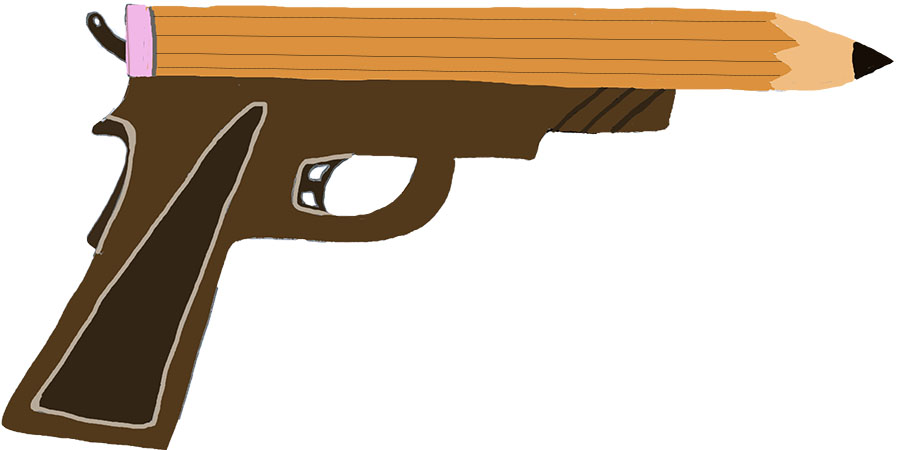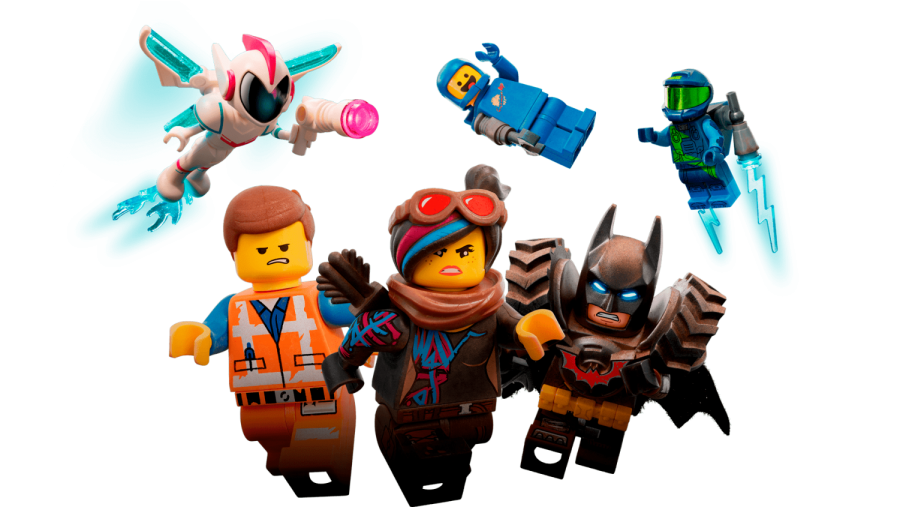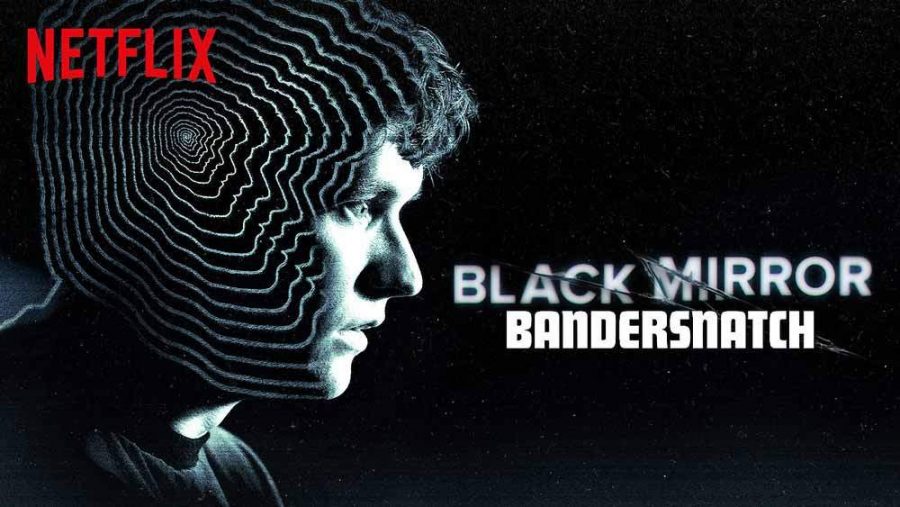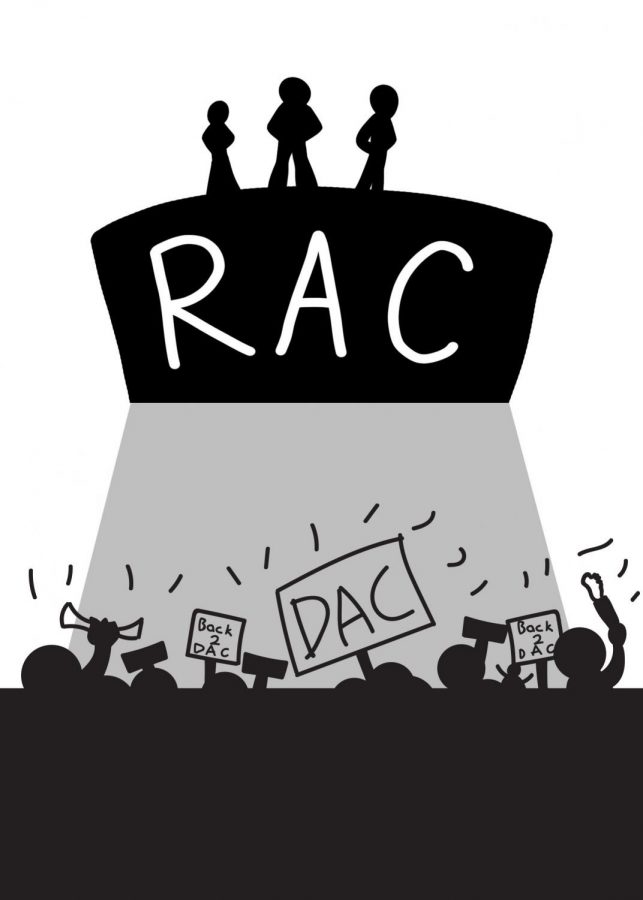On Jan. 7, heavily armed gunmen, Saïd and Chérif Kouachi, infiltrated the offices of Charlie Hebdo, a satirical newspaper in Paris, killing more than twelve people, including its editor, before fleeing. This is the deadliest terror attack on French grounds in over a decade; the attacks are a painful reminder that the war on Islamist terror is far from over and that jihadists are striving to eradicate the history of Western freedom.
In a way, the western world has come together in the spirits of patriotism with a renewed perspective on the importance of our guaranteed basic rights.
Charlie Hebdo was founded in 1970, and ever since, the left-wing weekly publication has been satirizing and making fun of everything from Michael Jackson to the Pope.
Nothing has been off the limits.
Charlie Hebdo has been compared to Private Eye in the U.K. and The Onion in the U.S.
In 2011, Islamist terrorists firebombed the offices of Charlie Hebdo after their announcement of a “Sharia Hebdo” with the message “100 lashes if you don’t die laughing.”
Following that release, another cover depicted a French cartoonist passionately kissing a Muslim man with the headline: “Love is stronger than hate.”
No one was hurt, and the attack was not able to subdue their pens. The jihadists’ message of suppression of the freedom of press did not achieve their original intent.
According to the National Public Radio, Stephane Charbonnier, the editor-in-chief of Charlie Hebdo once said, “I don’t have a car, I don’t have a wife, I don’t have children, so what could they do to me?” in response to the 2011 firebombings.
Charbonnier was one of the 17 people murdered by the Kouachi brothers in January.
Throughout Paris, blue signs reading “Je suis Charlie” or “I am Charlie” wavered in the streets, and cartoonists have depicted guns and armed weapons going directly against a pencil in protest of injustice.
Within a week after the January attacks, Charlie Hebdo released its first issue since the attack featuring Muhammad. The issue sold millions of copies worldwide, and the people of France were glad to know that the snide remarks of Charlie had not changed.
James Poniewozik, a senior writer at Time, said that the killings pose a threat to all types of satire.
Now many artists are being conscientiously aware of their use of words in fear of their own personal attacks.
The satire genre is already shadily treated by media companies, as seen in Sony Pictures’ initial decision to pull the North Korea-mocking comedy The Interview following a hacking and threats from North Korea itself.
When the TV cartoon South Park was planning to feature Muhammad in an episode, it didn’t require anyone physically attacking the Comedy Central offices for somebody to become nervous and say, “this isn’t worth it,” and censor the offending comedy.
However, English teacher Susan Speicher believes that satire is alive and well.
Satire is only dead in places where it isn’t understood, and western society should not fear this.
When British writer Salman Rushdie first published The Satanic Verses, a novel that portrayed Islam in a negative light, a death threat was placed on him by the Supreme Leader of Iran for over a decade. Although the threat was eventually lifted, Rushdie never backed down. He claimed that if he couldn’t write what he wanted to write, then he didn’t want to write altogether.
“In America we have very few problems with satire being attacked by violence,” English teacher Susan Lilley said. “If writing is really offensive, people simply won’t buy it, and the free market will take care of it.”
Both humor and satire have always been accepted and even cultivated in America.
For example, immediately after the 9/11 attacks on America, jokes were published all over the Internet.
However, Americans were not ignorant towards the seriousness and sadness of this event.
We are a society that can laugh for itself.
Rather than believing that satire is headed towards its demise, people should have the abilities to express their thoughts without being overly offensive.
However, moves such as using lethal violence in response to the expression of opinions are unacceptable.
One of the last sentences that Charbonnier said in an interview after the 2011 attacks was, “We have no choice. If we cease to publish, we are dead.”















